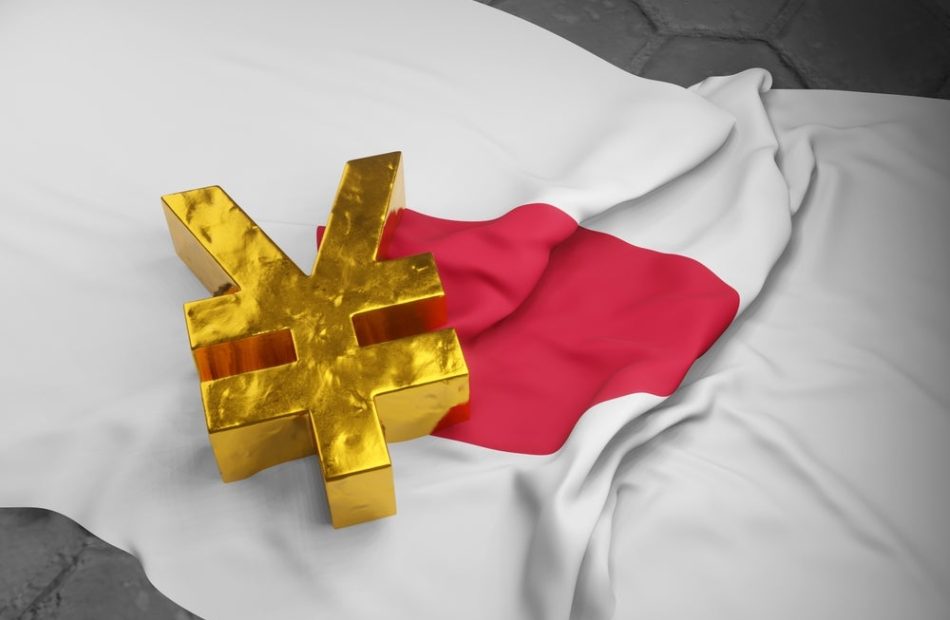Bank of Japan Governor Takes Cautious Stance On Interest Rates, Awaiting Key Economic Data Amid Global Uncertainty
Bank of Japan Governor Kazuo Ueda indicated on Tuesday that the central bank is in no hurry to raise interest rates further.
What Happened: Ueda mentioned that the BOJ will closely monitor financial markets and global economic conditions before making any decisions, Reuters reported.
He emphasized the importance of analyzing October’s service-price data, which will be available in November, to determine if underlying inflation is moving towards the BOJ’s 2% target.
During a news conference in Osaka, Ueda highlighted the need to scrutinize actual data before making any rate hike decisions, suggesting that the BOJ will wait until at least December.
The next policy meeting is scheduled for Oct. 30-31, where a quarterly review of growth and inflation forecasts will also take place.
“We must conduct policy in a timely, appropriate fashion without having any pre-set schedule in mind, taking into account various uncertainties,” said Ueda.
Ueda reiterated that the BOJ would raise rates if underlying inflation accelerates towards the 2% target. However, he warned of risks such as volatile financial markets and uncertainty about the U.S. economy’s ability to achieve a soft landing.
He noted that the yen’s recent stabilization has reduced the risk of inflation overshooting due to rising import prices. Ueda stressed the importance of monitoring market developments and overseas economic conditions in setting monetary policy.
Ueda’s remarks reflect a shift in the BOJ’s focus from inflationary risks to concerns about slowing global growth and the impact of yen fluctuations on Japan’s export-driven economy, according to the report.
Why It Matters: The Bank of Japan has been a significant outlier in the global monetary landscape, maintaining its interest rate at 0.25% while other major central banks have been cutting rates to counteract slowing inflation.
On Thursday, the BOJ decided to keep its benchmark rate unchanged, diverging from the Federal Reserve’s 50 basis point cut.
This decision aligns with predictions from a Reuters poll, where economists anticipated another rate hike by the end of the year.
Meanwhile, other global central banks, including the People’s Bank of China, have been cutting rates and injecting liquidity to support their economies. China’s central bank recently reduced a key short-term interest rate and injected over $10 billion into the financial system to boost economic growth.
Read Next:
Image Via Shutterstock
This story was generated using Benzinga Neuro and edited by Kaustubh Bagalkote
Market News and Data brought to you by Benzinga APIs
© 2024 Benzinga.com. Benzinga does not provide investment advice. All rights reserved.


Leave a Reply